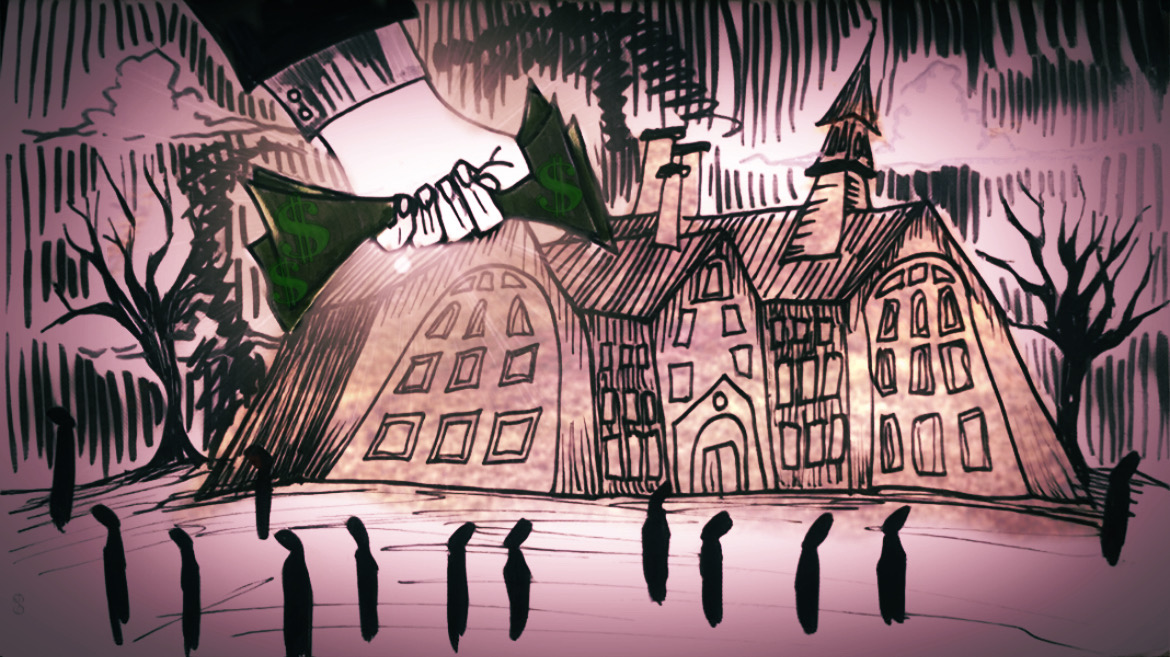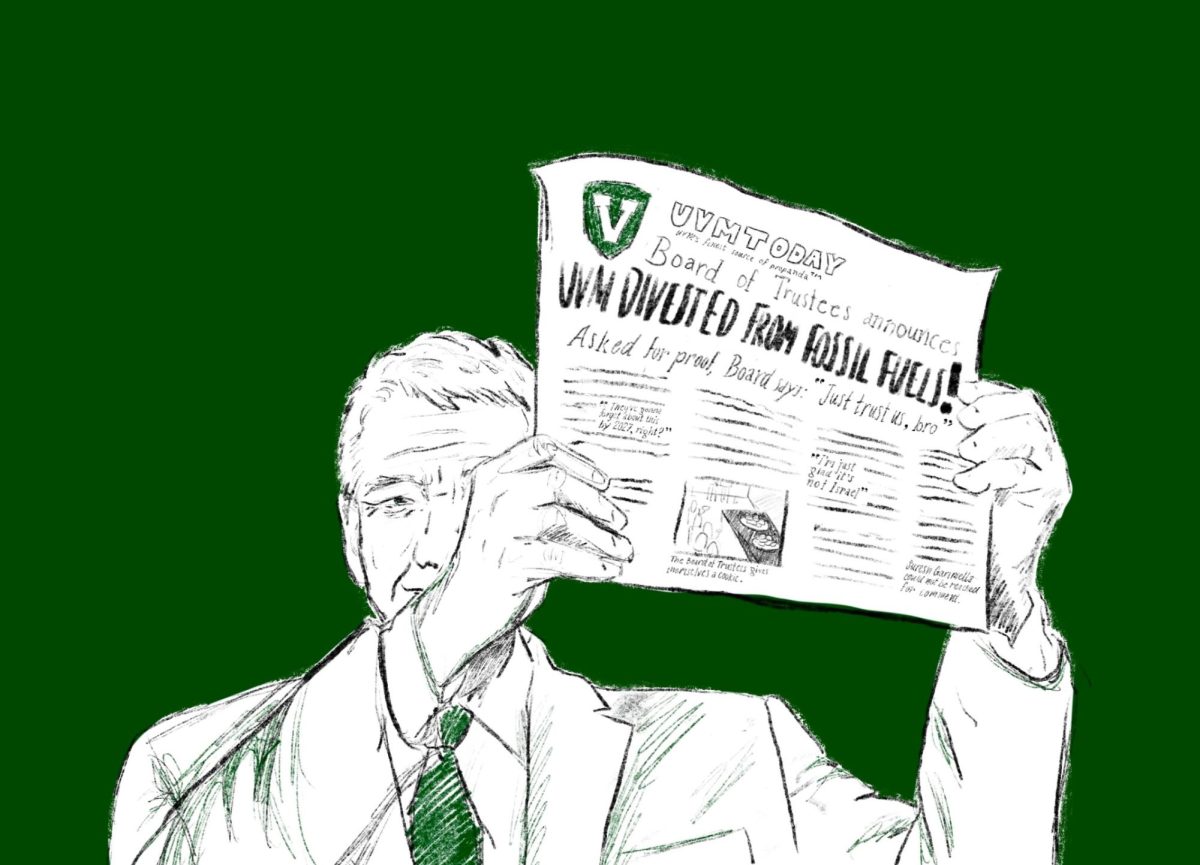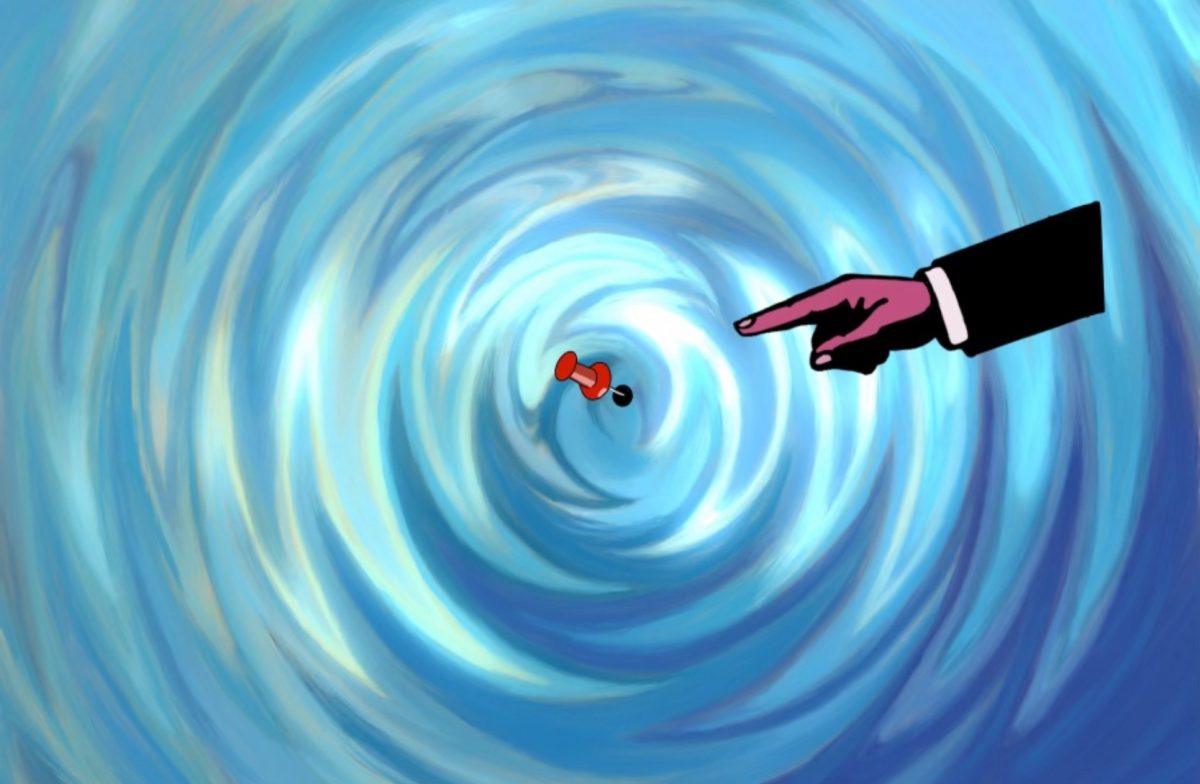The recent behavior of the current Bush administration has been raising eyebrows, and not only those of the opposition in congress. Particularly over the past year, average citizens have begun to question the strategy, if not the sanity, of the foreign policy initiative taken by President George W. Bush and his Neoconservative cohorts.
As is shown by the fact that Secretary of State, Colin Powell, has often felt “left-out of the loop” on foreign policy planning, and the fact that he is now “barely on speaking terms with Vice President Richard Cheney”, one can logically deduce that something fundamentally different is taking place within the parameters of the Bush administration.
Throughout this century, Republican administrations have for the most part, been more secretive about their wheeling and dealing than have Democratic administrations. But, over the past four years, perhaps no administration has taken such steps to lead a nation to war under false, or at least hazy pretenses, to take illegal actions to slander political opponents, or taken such steps to curtail the constitutional freedoms afforded to American citizens.
Recently, it has come to light that there has been a great deal of collusion within the Bush cabinet, especially among the Vice President and National Security Advisor, Condaleezza Rice on many matters of national security and the treatment of basic civil liberties in the “age of terror”.
This has been allowed to unfold due to the presence of certain elements of the cabinet that have existed since the time of the Eisenhower administration, when the idea of maintaining the military industrial complex came into being.
According to Jerry Colby, president of the National Writers Union, “the National Security State emerged under the Truman administration, although effectively a lot if the apparatus was put together during World War Two under the Roosevelt administration.
But, the hallmark of the rise of the National Security State, were the last few years of the Eisenhower administration, under the direction of General Maxwell Taylor and former New York governor Nelson Rockerfeller.
These two, along with other key members of the military, testified as to the need for conventional-arms buildup, precisely on the premise that you cannot respond to brush-fire wars based upon nuclear-brinkmanship. So the impetus came to setup an apparatus capable of rapid response to guerilla-war, and that meant not only covert, but also overt operations, especially the special operations that came into being under the Kennedy administration.
Nelson Rockerfeller, especially, was responsible for research into the use of psychological-warfare and for promoting the establishment of the all-powerful rank of the first-secretary, now known as the National Security Advisor.
Eisenhower thought this unconstitutional, in that it pushed-aside the secretary of State.” It is apparent that the National Security Advisor now wields a great deal of clout in the current administration.
What seems wrong with this picture overall? President Bush has prided himself and his administration on the premise that, we as America are taking measures to make the world a safer and freer place. We are trying hard to make inroads at establishing democratic regimes in parts of the world where they have never existed before. But what is the cost, geopolitically, financially and socially? Do the ends really justify the means?
Surely, it seems hypocritical to believe that America is working to make the world freer at a time when Muslim-American citizens can be detained with no access to legal council or communication with their families and friends, and when measures such as the Patriot Act subject American citizens to forms of surveillance that undermine their basic liberties guaranteed in the Bill of Rights.
Indeed, according to Colby, “even Eisenhower, in his Farewell Address, warned against the General Taylor and Rockerfeller and decried the rise of the military industrial complex, underlining his concern that it would undermine the constitution.” Do not misunderstand the purpose of this article. I still firmly believe that this is the greatest nation in the world.
I am proud to be an American, and I recognize that even having the ability to write such an opinion without worrying about the consequences is proof that our society is still free, perhaps not as “free” as possible, but still free.
But this is what really matters now… It should and must be the responsibility of every concerned citizen to let his or her opinion be known to those holding public office, and to be well informed as to what is happening around them. To members of universities around the country and around the world, students and teachers alike, the responsibility lies even more heavily with you.
Take time to do anything to make your opinion known. Write to your senator or representative, question what America is doing in the twenty-first century, get out and vote. But most importantly, inform yourself and try to figure out how this country can be run better and let people know. We still enjoy more freedoms and benefits than most other humans in the world. But the time to act is now.
We must fight to preserve and expand our existing freedoms. If we don’t begin to fulfill our obligations to our communities and to ourselves as democratic citizens, we may find that it is already too late.














![Can’t buy me [self] love](https://vtcynic.com/wp-content/uploads/2024/04/self-care-FINAL-1200x796.jpg)

